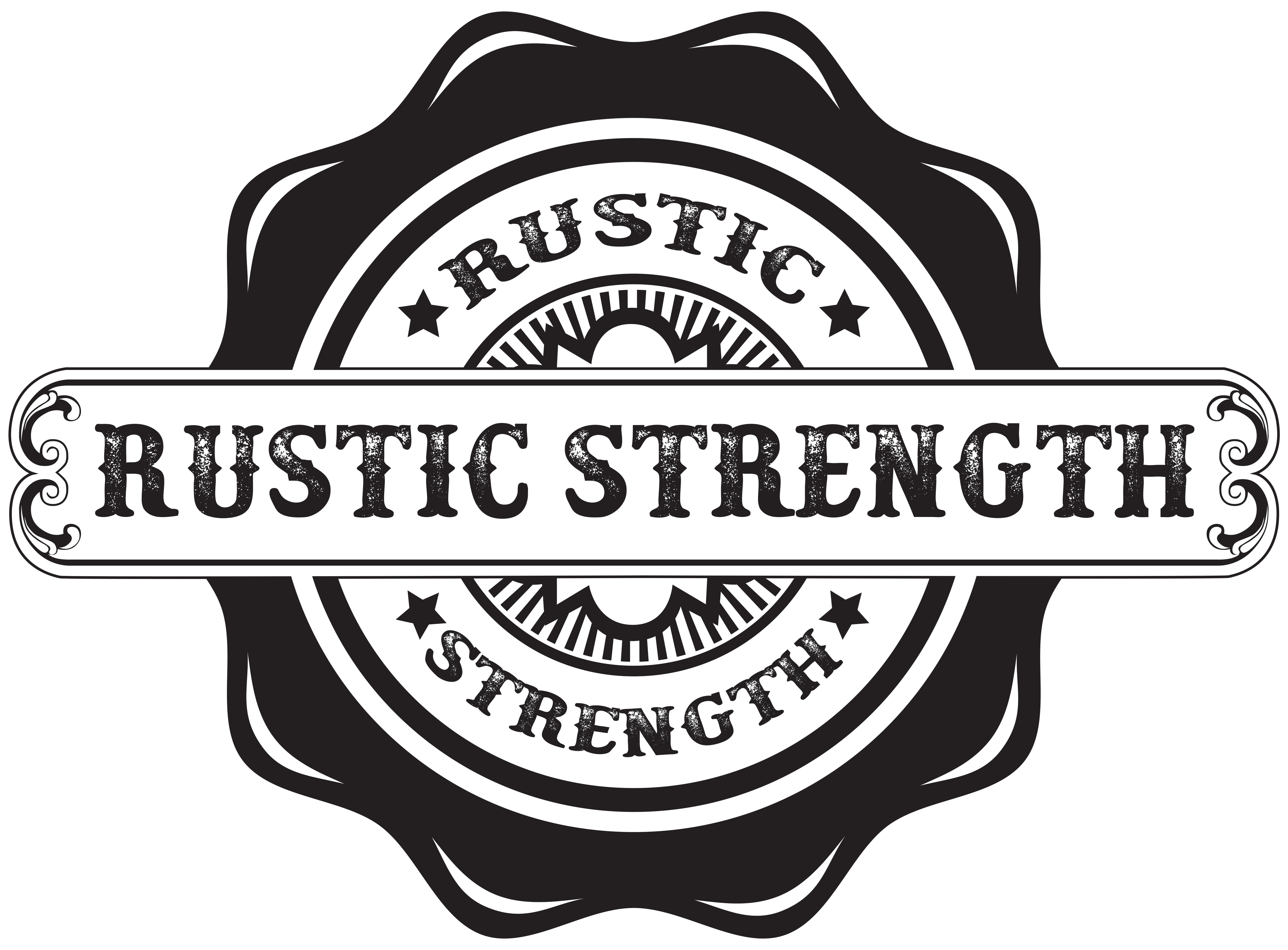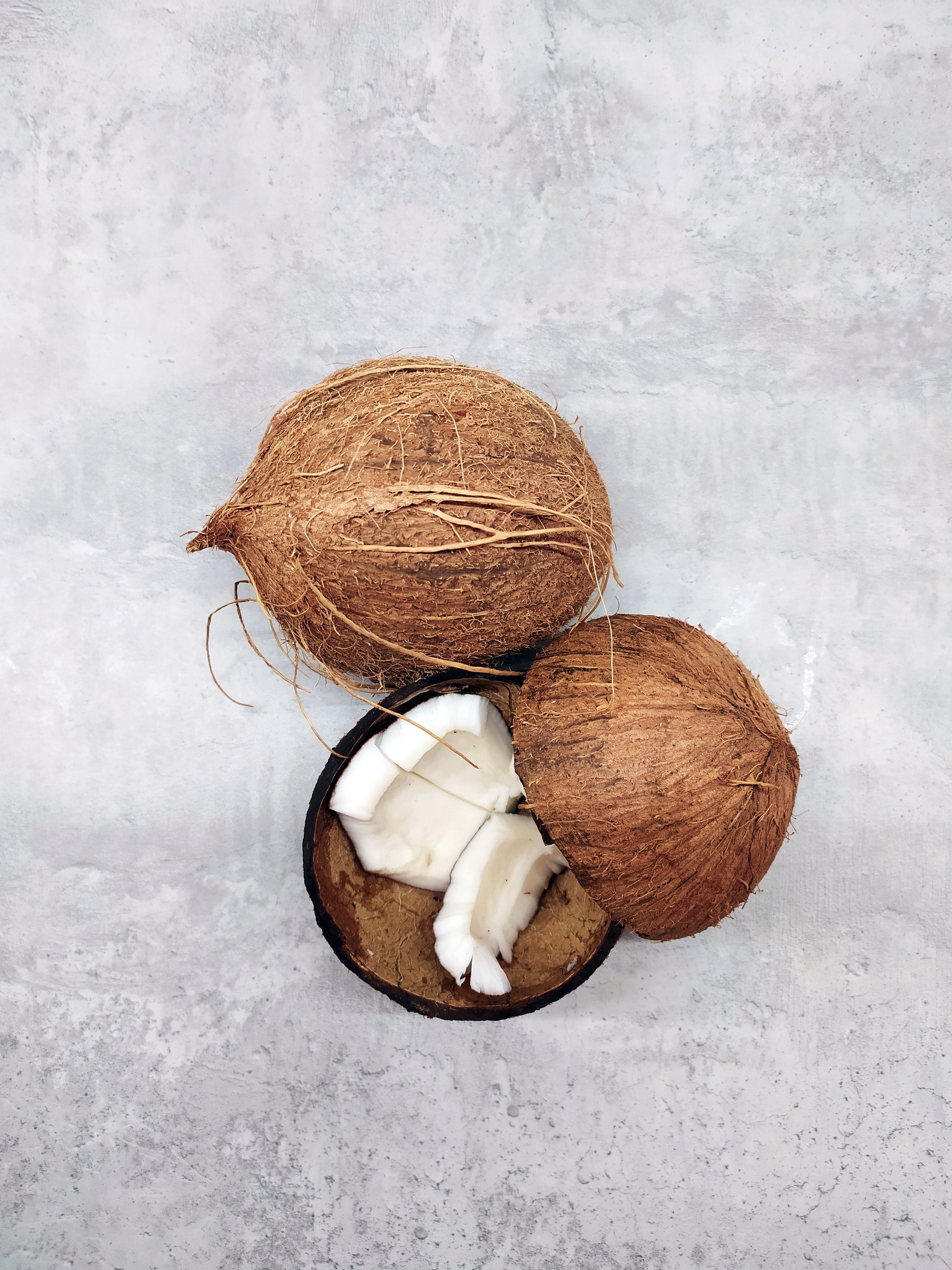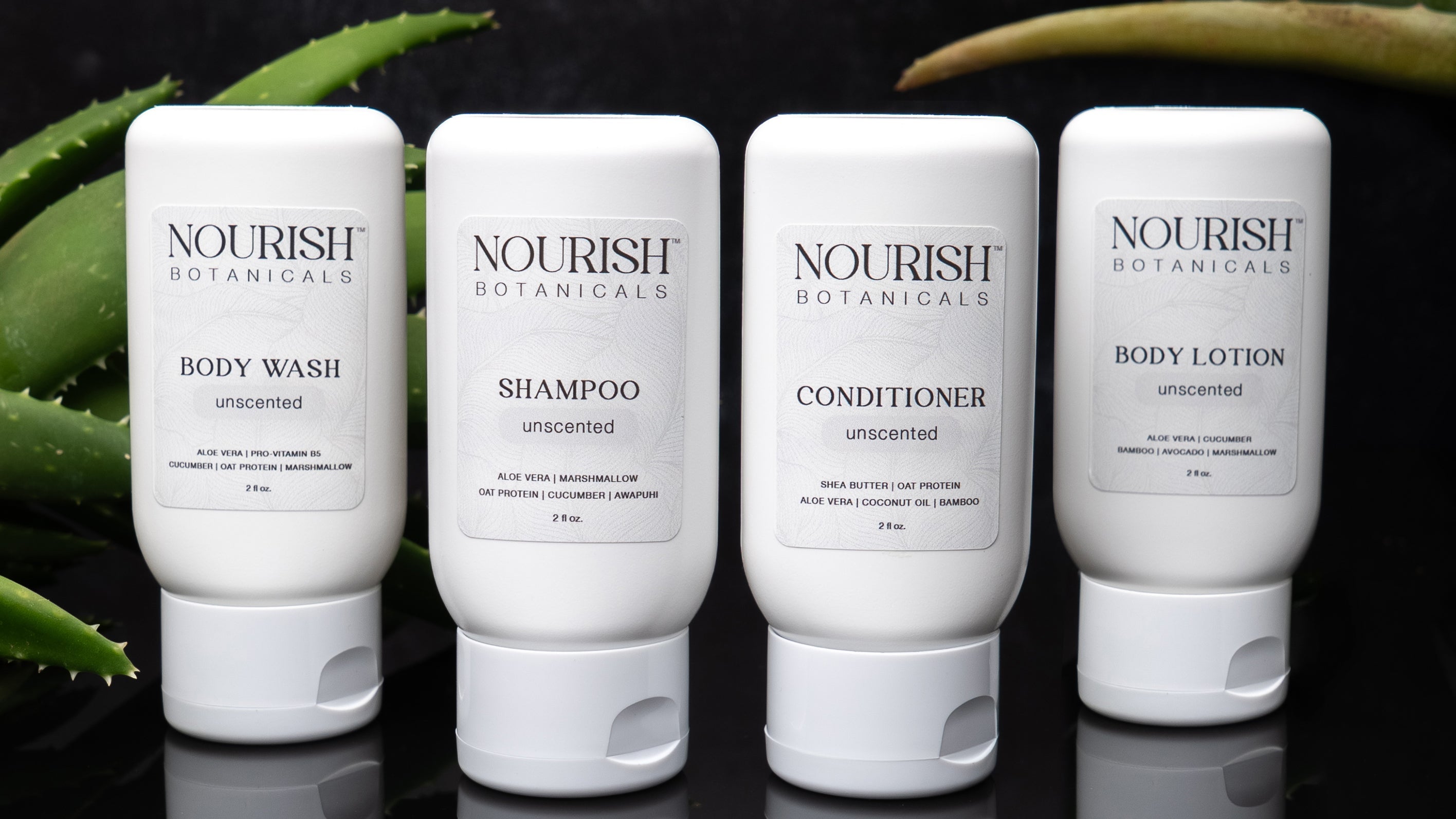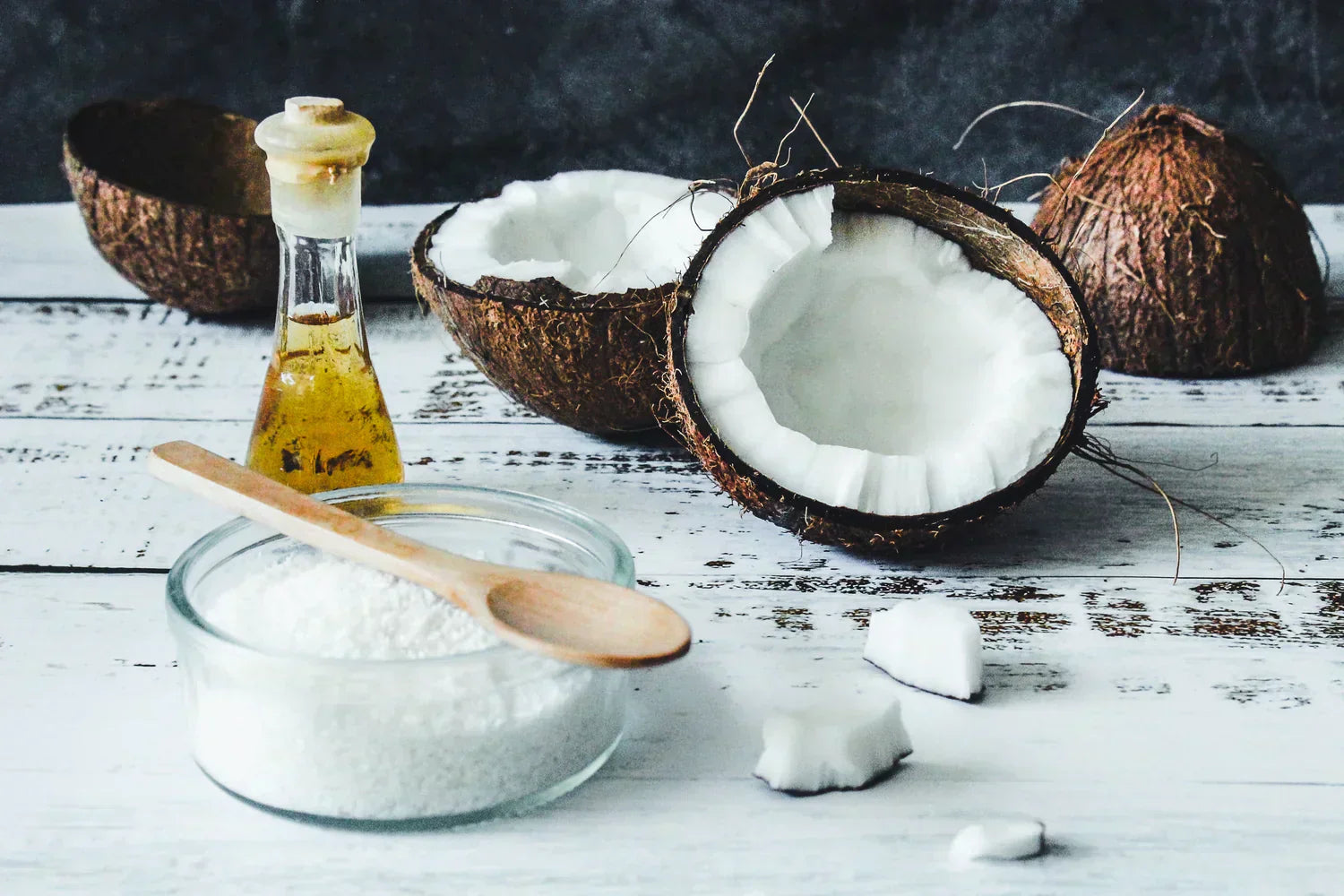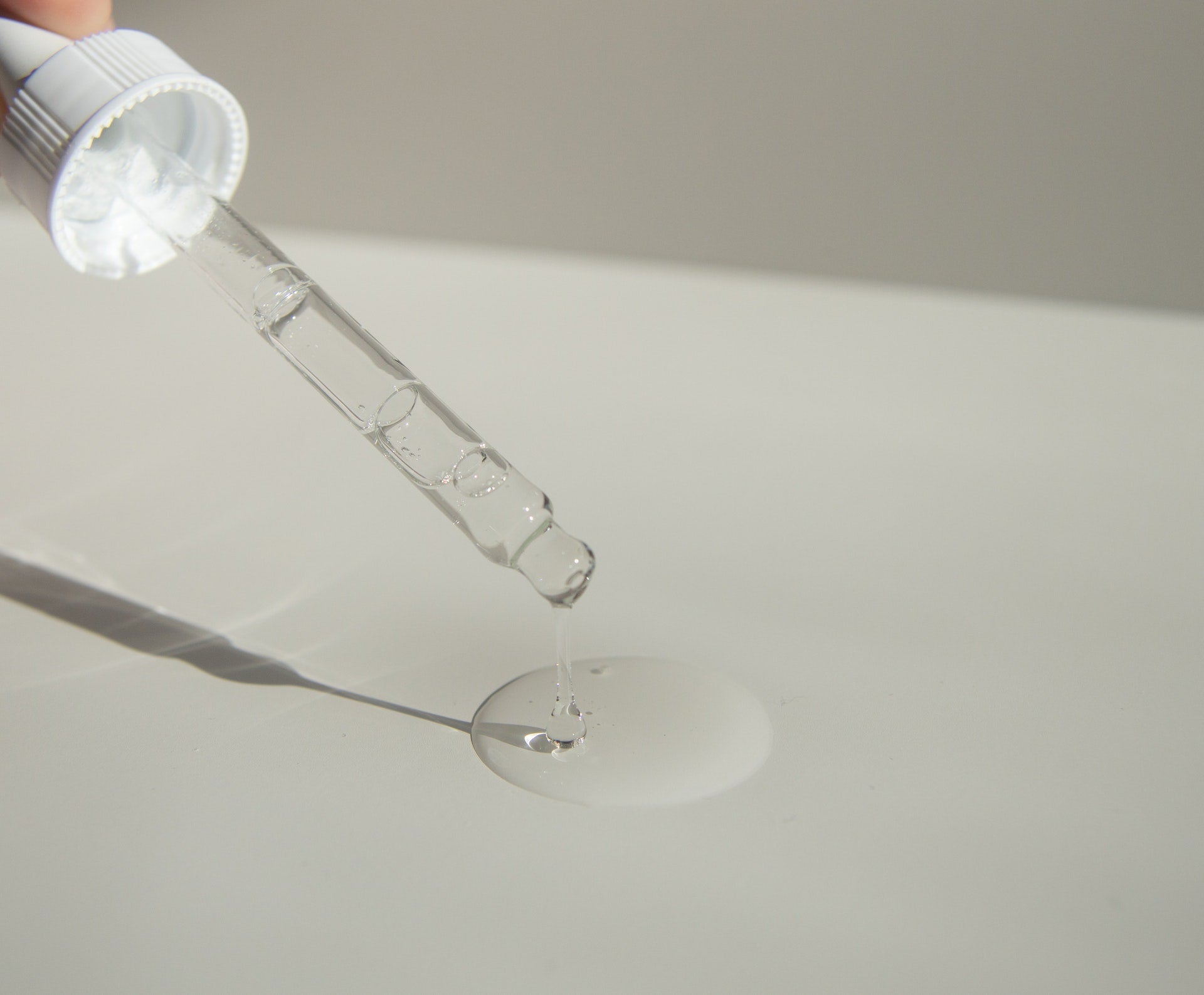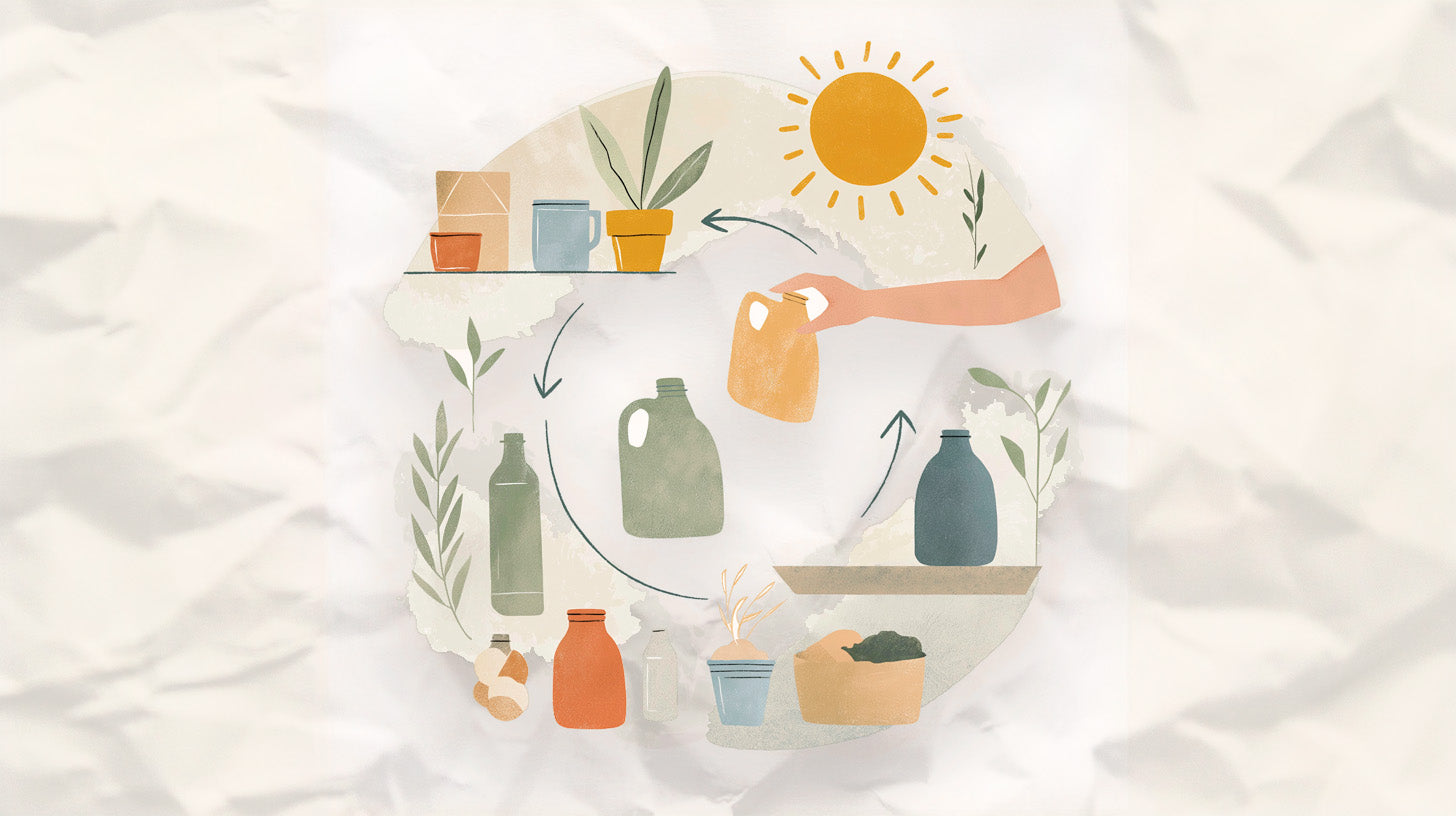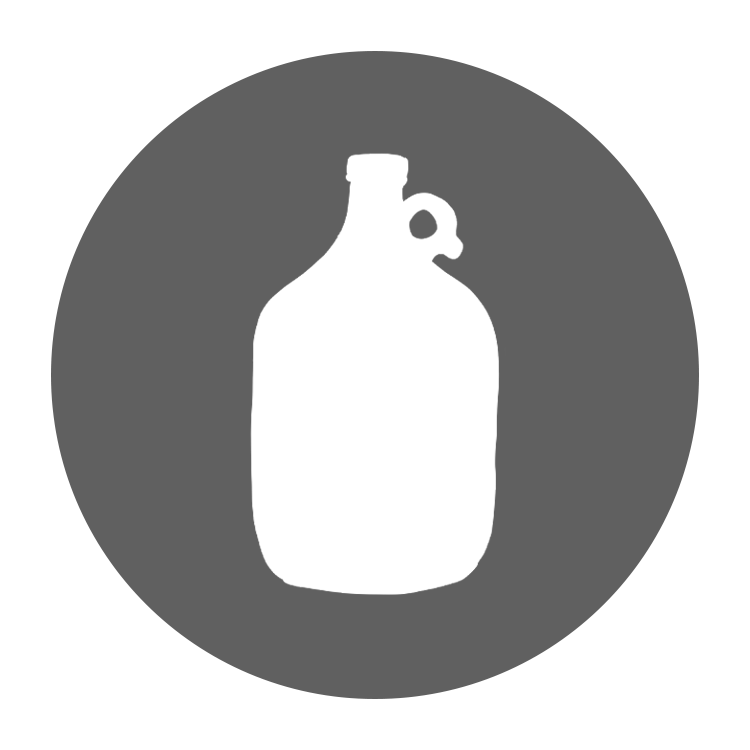What is Sodium C14-16 Alpha Olefin Sulfonate?
This anionic surfactant made from coconuts can be found in many leading natural household and personal care products. Its main job is to be a detergent in hair care and cleaning products. It is in the olefin sulfonate class of chemicals, not to be confused with sulfates like SLS or SLES.
Why do we use it?
Sodium C14-16 alpha olefin sulfonate is one of the mildest surfactants on the market today. It contains no allergen or cancer-causing agents like nitrosamines, ethylene oxide, or formaldehyde found in other manufacturers' products. It is poorly absorbed through the skin making it a great alternative surfactant. It is also on the EPA’s Safer Choice list of ingredients, and it has an EWG score of 1.

Why do we use it over other surfactants on the market?
Since starting Rustic Strength, it has been our mission to make effective products that are eco-friendly and as natural as can be. During our research, we found that even “natural” surfactants can cause allergies or even cancer. SLS, and SLES were never an option because it has been proven to cause allergic reactions.
Is it safe to use? Is it non-toxic?
Sodium C14-16 Alpha Olefin Sulfonate is one of the safest, non-toxic chemicals on the market to date. It has low irritation and ecotoxicity. It is highly biodegradable with low sensitivities to water hardness.
Sodium C14-C16 Alpha Olefin Sulfonate is used in Rustic Strength's:
In Summary
Sodium C14-16 Alpha Olefin Sulfonate helps to lift dirt and debris from surfaces, so the water can whisk them away. It is mild in nature, derived from coconuts, and is palm-free. There are no hidden impurities and it has a very low skin irritation rate. This highly biodegradable surfactant is our go-to for enhanced detergency.
If you have any questions regarding this or any other ingredients we use, feel free to reach out to our email: customercare@rusticstrength.com. We would be more than happy to answer your questions.

We invite you to do your own research!
Scientific journals and articles are the foundation of evidence-based decisions at Rustic Strength. Blogs can provide helpful information. However, if it can not cite scientific articles, its claims stand on little.
Other useful articles
